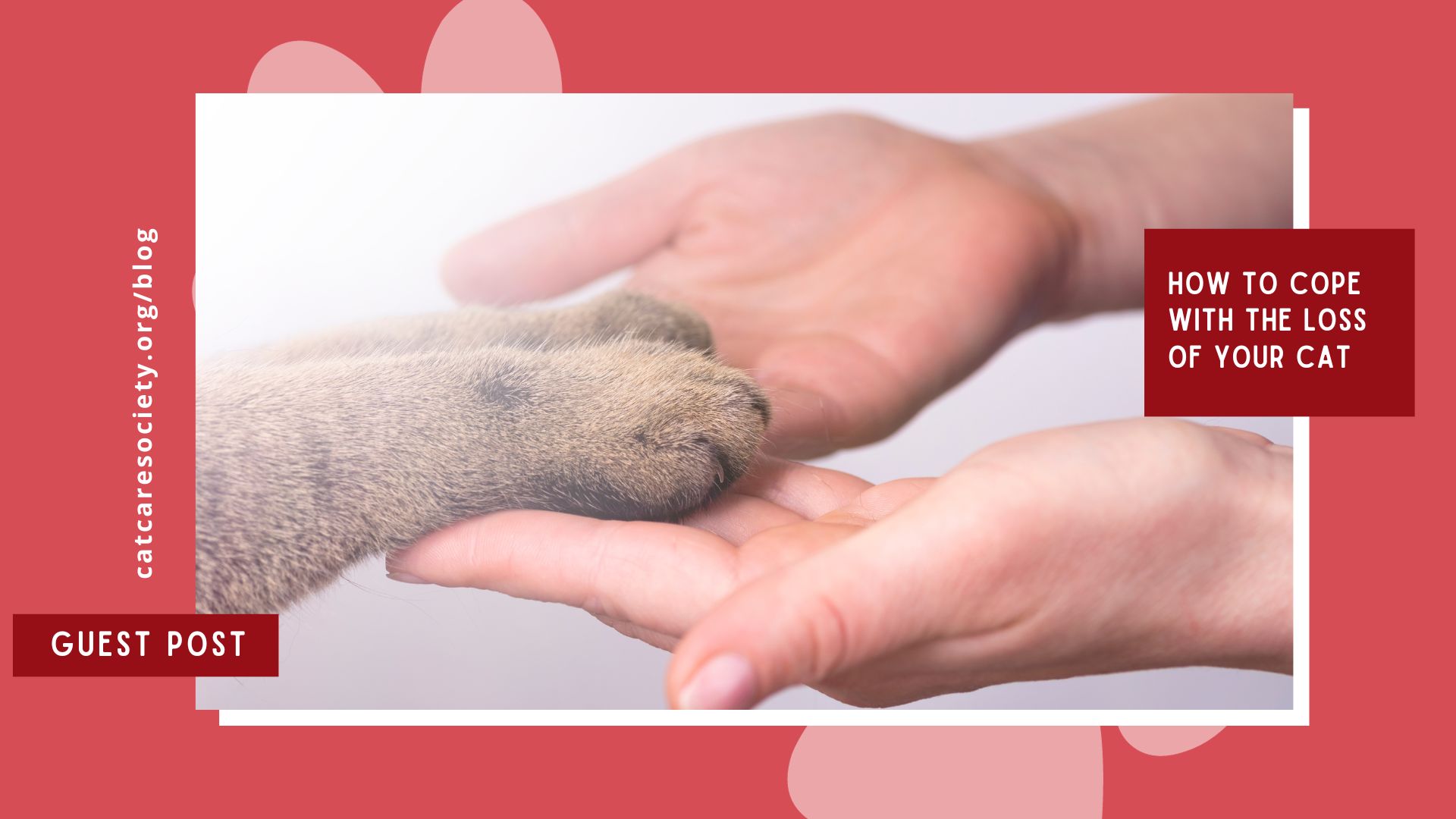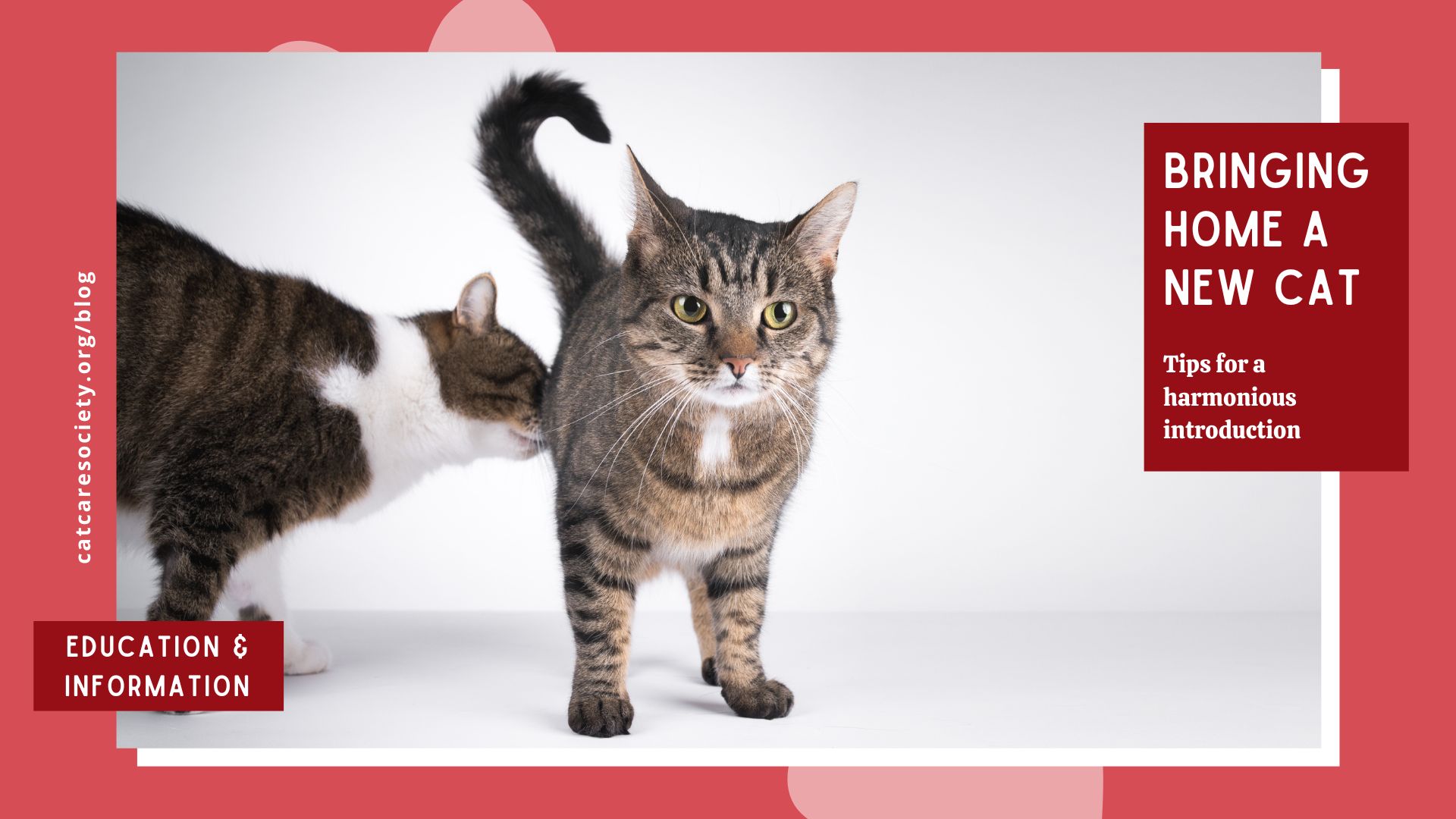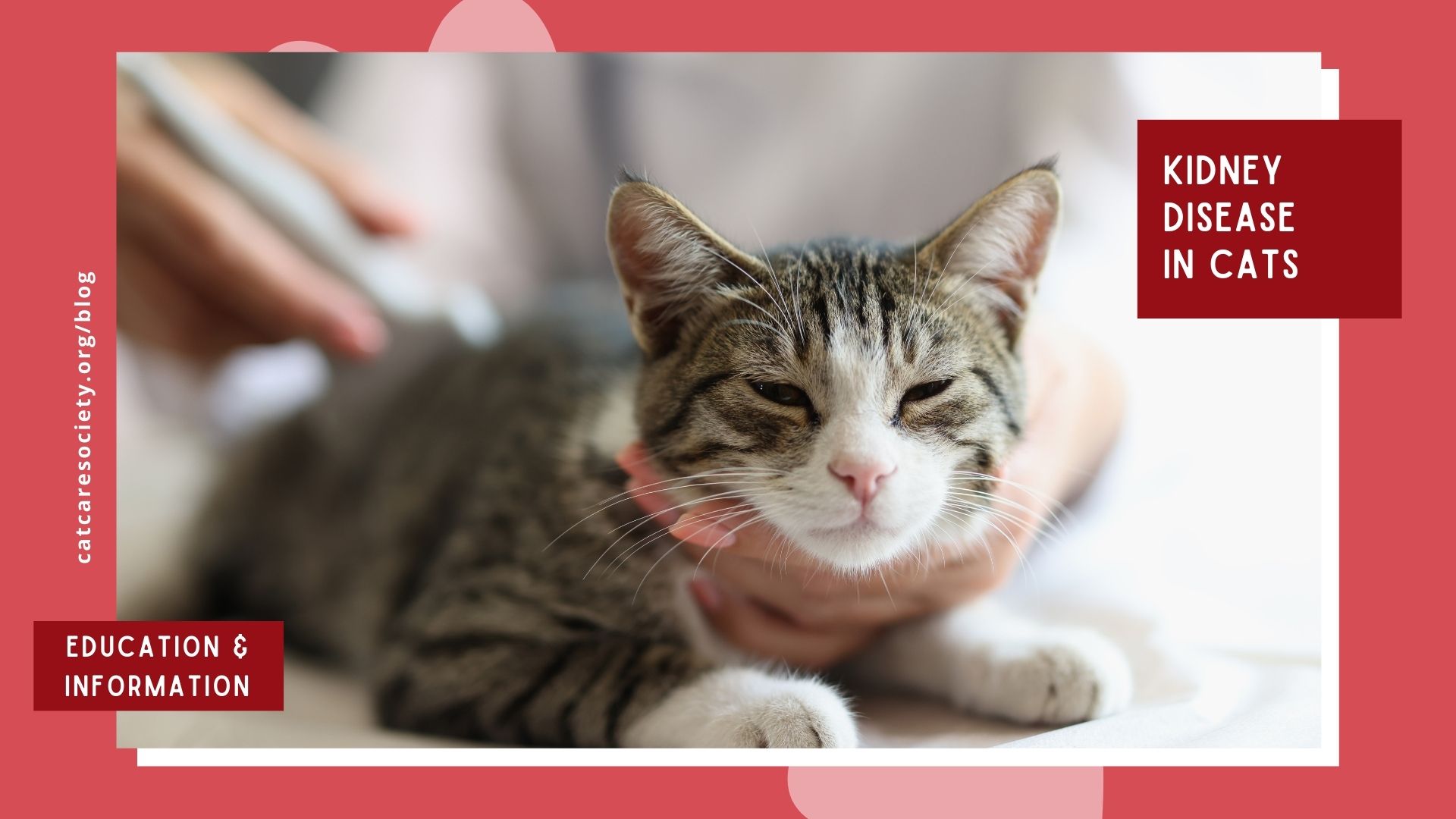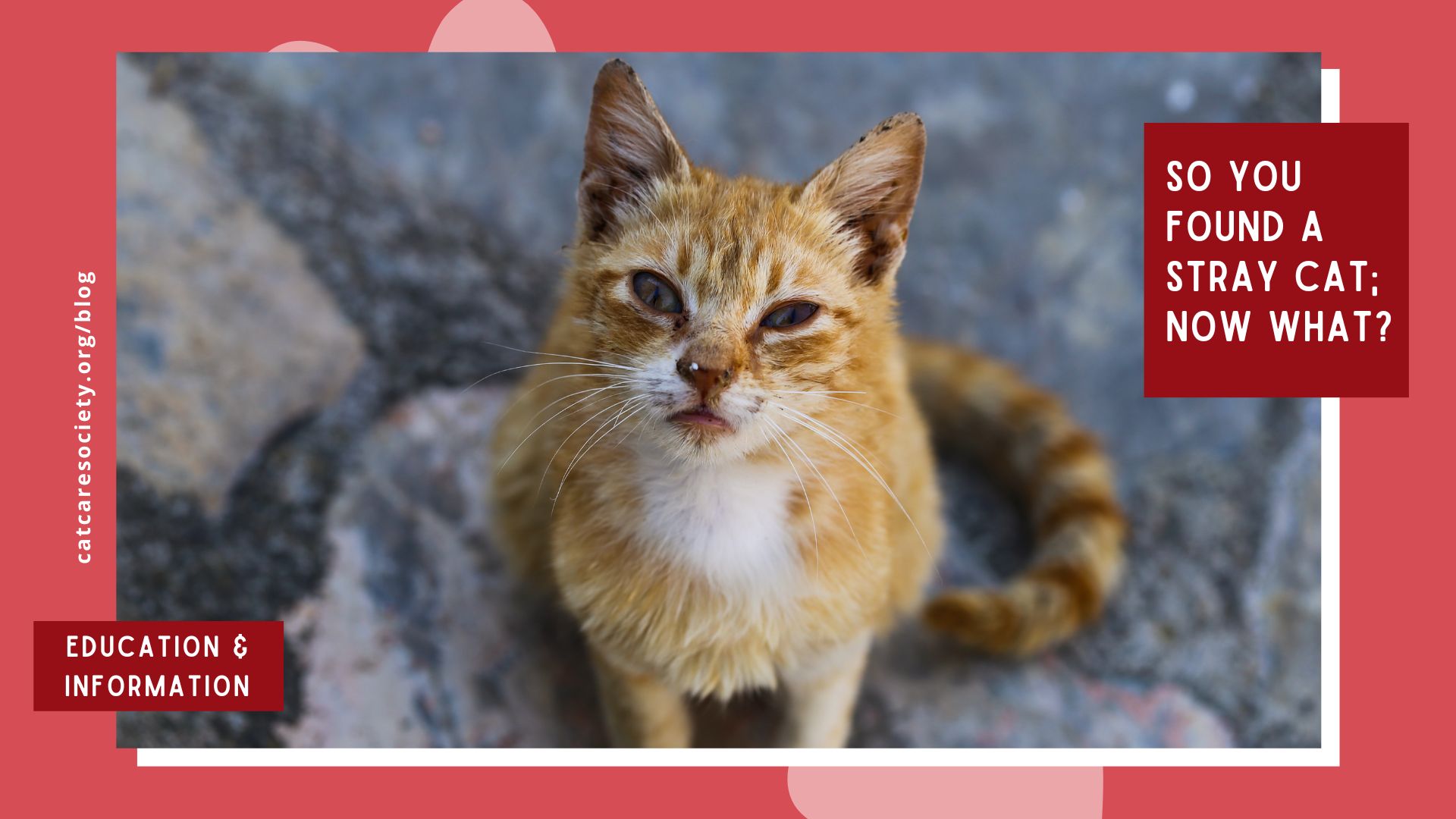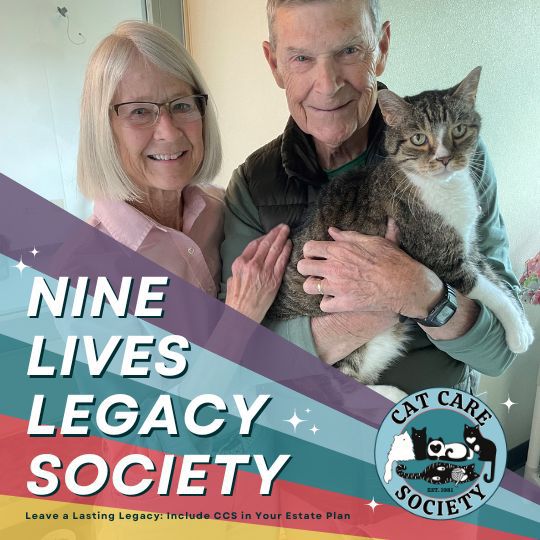By Desiree Argentina, CCS foster and adopter
The death of your cat can be one of the most devastating losses you will ever face. It can be just as difficult or even more so than the loss of a human family member. The loss of your beloved cat can be extra hard to deal with because they are by your side every day and love you unconditionally. They bring you joy and keep you laughing with their silly antics.
The loss of your cat can be distressing and overwhelming. It’s completely normal to feel a range of emotions including sadness, anger, guilt, shock, disbelief and despair. You may even experience physical symptoms. Common physical symptoms associated with grief include stomachaches, headaches and fatigue.
It doesn’t matter if your cat was with you for 20 years or just a few months. The loss is still just as real and painful. Losing your cat is extremely difficult and can cause indescribable grief. You deserve the time and space to grieve the loss of your best friend.
Anticipatory Grief
Many times, we know the passing of our precious feline is in the near future. Whether you are watching your cat get older or they have a heart-wrenching diagnosis, losing your cat is just as painful if it was expected. This is called anticipatory grief. It’s the feeling of grief experienced before the impending loss.
Anticipatory grief is just as valid as the grief experienced after the loss. Even with anticipatory grief, many find themselves unprepared for the grief they feel before losing their beloved cat, and they may find it difficult to express their grief, especially when their beloved kitty is still with them. Anticipatory grief is a very valid and real part of the grieving journey. It is OK to grieve though your pet is still with you. Everything in this article also applies to anticipatory grief.
The first few days after your cat passed away may be the hardest. You may feel like you are in a daze, unable to think clearly or concentrate on anything else. You may find yourself crying randomly or feeling anxious or restless without your furry best friend by your side. You may even feel numb or detached from your surroundings. All of these reactions are completely normal and to be expected.
It’s important to give yourself time to grieve. This is a normal process and can be helpful in healing from the loss. The grieving journey is different for everyone, but there are ways to cope with the loss of your beloved cat. If you’re dealing with the grief of losing your cat, read on for some ways to help.
Expressing Your Feelings
Allow yourself to feel all of your emotions, even ones you may not expect.
Journal about your cat and your feelings. Writing about your cat and the loss can help you to process your emotions and put words to the difficult emotions you are experiencing.
Do something creative to express your feelings. You can draw, craft, make a collage, scrapbook, write a song or a poem. Using your creativity is a great way to process and express your grief in a healthy way.
Reach out for support. Continue reading to learn different ways you can gain support through this difficult time.
One of the best ways to express your grief is by honoring your best friend. Here are some ideas for different ways you can honor or memorialize your sweet kitty.
Ideas to Honor Your Pet
- Order a custom portrait
- Display your cat’s paw print (many vets will provide the paw print to you)
- Plant a tree or flowers in their memory
- Paint a rock
- Book a tattoo
- Paint or draw their portrait
- Put together a scrapbook or photo album
- Display your favorite photos in a frame
- Customizable art or jewelry (check out Etsy)
- Save their favorite toys
- Make a small altar in your home to memorialize your cat
- Dedicate a special spot in your yard
Seeking Support
You may need a little extra support through this difficult time and there is no shame in that. Sharing your feelings about your pet’s death with others who understand can help you feel less alone in your grief journey and allow you to connect with others who share similar feelings. Ask for help from friends and family members who’ve gone through similar experiences. The more support you have from other people who understand what you’re going through, the more you will be able to express your grief.
Here are some ways that you can seek support through this devastating time:
- Attend a pet loss support group
- Join pet loss support Facebook groups or meetups
- Take time off of work (check if your employer offers a pet bereavement policy)
- Spend time with loved ones and other pets
If you find that your grief is so overwhelming that it interferes with daily life, consider talking with a mental health professional about how to cope.
Taking Care of Yourself
You must take care of yourself through this difficult time. Practicing self-care and being gentle with yourself while maintaining your physical and emotional health is so very important. Here are things you can do to take care of yourself through your grief journey:
- Stick to your normal diet and eat as you normally would
- Give yourself time and space to grieve
- Take care of your hygiene: Shower, brush your teeth and floss
- Go to sleep and wake up at your normal times
- Spend time with friends
- Get in physical activity each day, even if it’s a short walk
- Get dressed each morning
- Keep your home organized and tidy
Cats are family. Losing your furry best friend is a devastating loss and the grief can be debilitating. It’s important to express your feelings of grief and to seek support. Be gentle and patient with yourself. Losing your cat is devastating. Remember that you gave your cat the best life you could have and they knew how much you loved them.
When you are ready, consider adding another pet to your home.
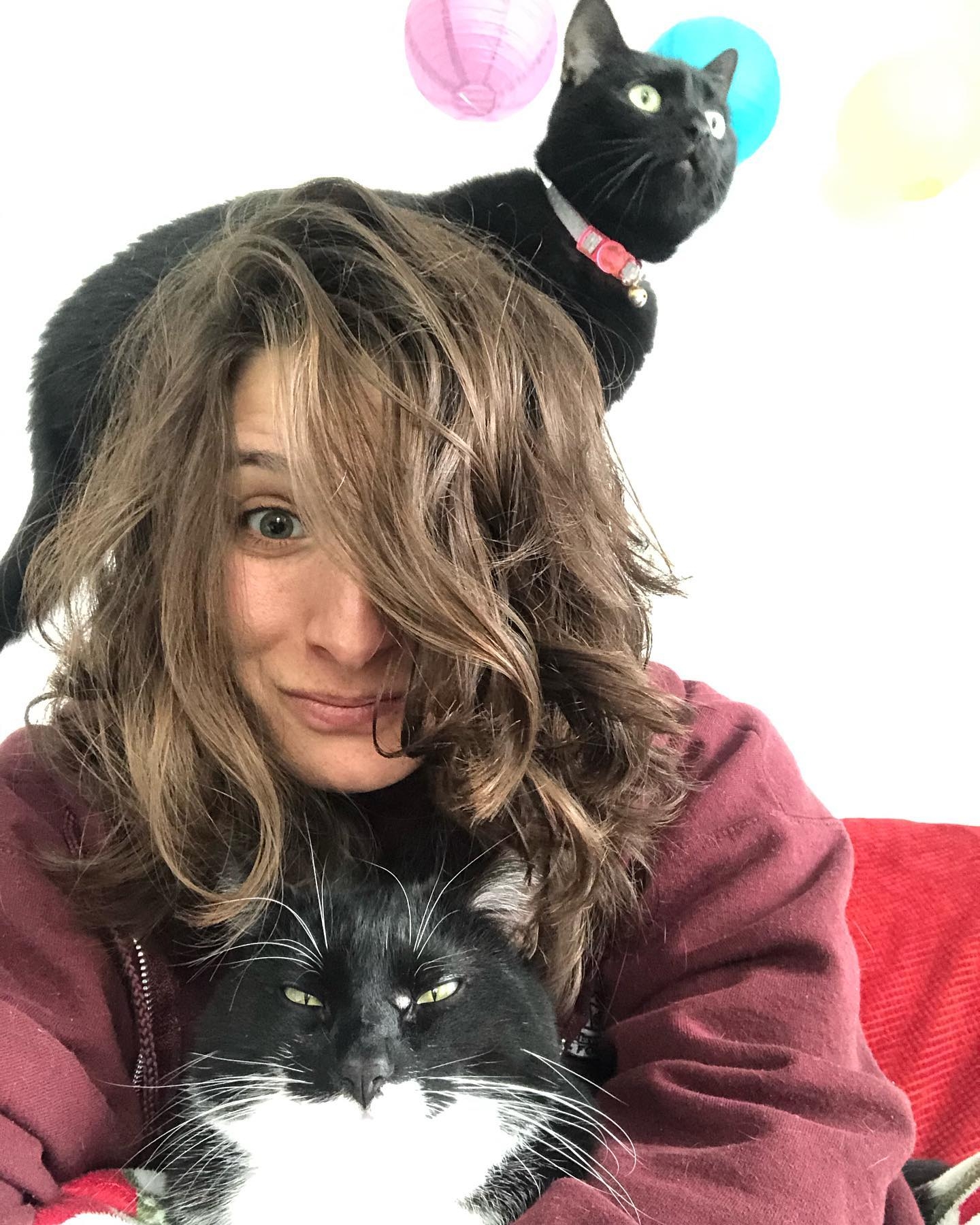
About the Author: Desiree Argentina is a mental health therapist, podcast host and crazy cat lady with an Etsy shop. Desiree fosters cats as well as does TNR (trap neuter release) in the community to help decrease the stray cat population. Desiree has three of her own cats (two of which she fostered and then adopted through Cat Care Society). She recently lost her elderly cat, LeeLee at the age of 17. Desiree is passionate about the human-animal bond and educating others on the benefits that animals can have on our mental health and overall well-being.
This post was authored and edited according to Cat Care Society’s editorial standards and style. Opinions expressed may not necessarily reflect that of CCS.

